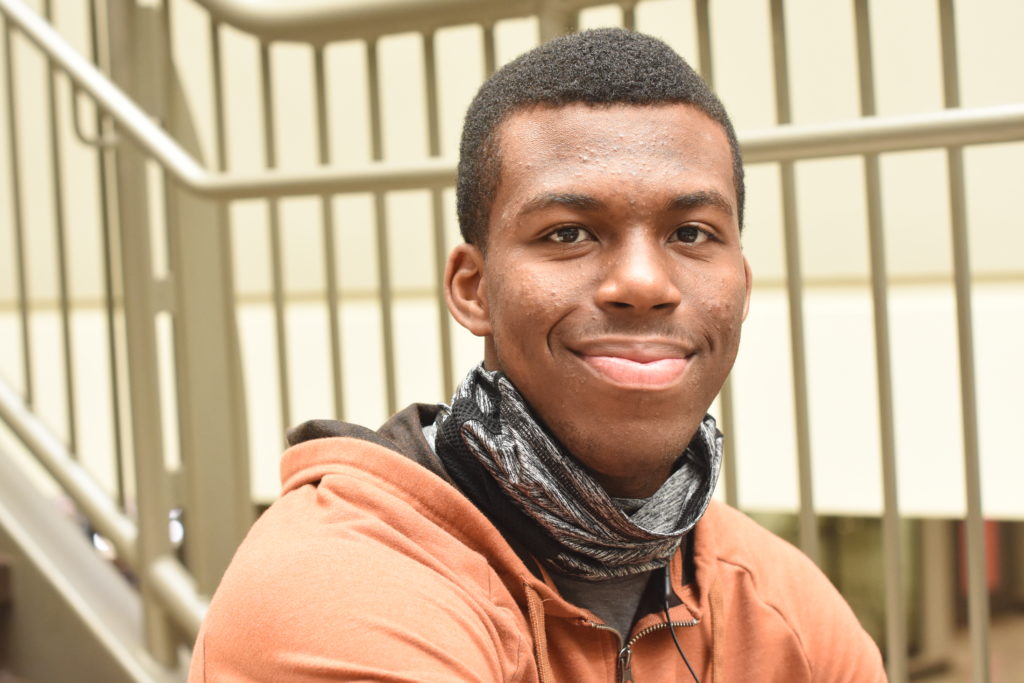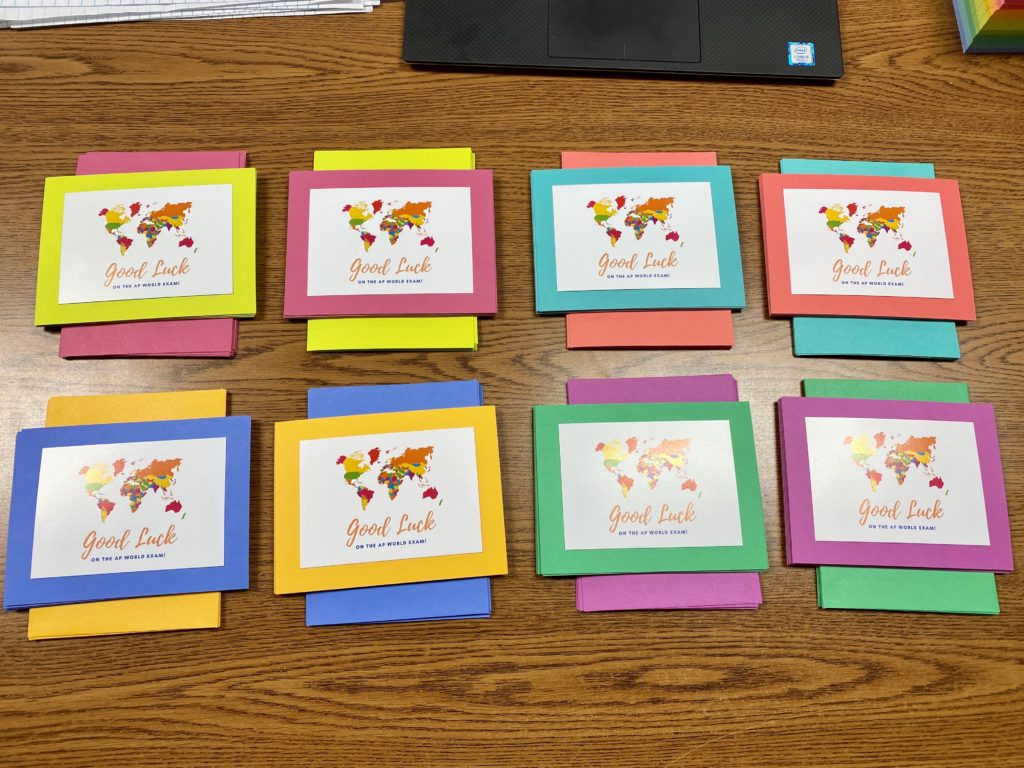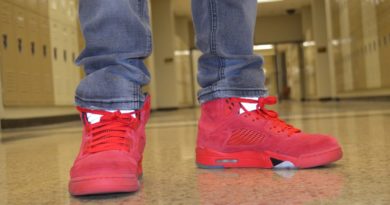Introverts vs. extroverts, and the effects of quarantine on both
As a self-proclaimed extrovert known for the lively greetings he offers in the hallways, junior Mich Bodden’s experiences during the pandemic speak to the students who have lacked social interaction in this past year of virtual learning.
“Overall, human interactions help me grow more as a person,” Bodden says.
Despite their differences in regards to the preferred amount of social interaction, both extroverts and introverts need the dopamine that you get from social interactions. Due to the halt the pandemic has put on in-person socialization, many people have found that the lack of social stimuli has affected their mental well-being.
“In regards to students, a lot of times they become bored, they become restless, they become anxious, they become depressed,” school counselor Ericka Wade says about the lack of social interaction during quarantine. “They’re used to doing all of these activities, sports, clubs, and socializing with friends and family. When they’re not able to do that, I think it causes them a lot of anxiety.”
Bodden is also a member of the Cedar Shoals marching band, another aspect of student life that has been impacted by Covid-19.
“I went to marching band practice. It was actually awkward with my friends. It’s like you’re not used to being around people anymore,” Bodden says. He appreciates the protocols that the marching band has put in place to make their practices as safe as possible, such as requiring masks at all times unless you’re playing your instrument and social distancing. But Bodden says it’s just not like it was before, and virtual school proved to be more difficult.
“When the pandemic started, we were still in school. And yeah, it was not that big of a deal. And then, you know, that week that we had a spring break, it was like they kept postponing it and so teachers upped the workload. I’m pretty sure everyone noticed that and it’s just like, ‘Hey, just because we’re not in school, you can’t really do that,’ you know? So now I stay at home all day and get on the calls, and that’s pretty much it. And then after the calls, (more) work on work, and then sometimes I get done really late and then I go to bed, and I don’t have any time to myself because I have to wake up early in the morning again.”

Bodden says it’s hard to separate school from home when they’re in the same place. This predicament not only affects students but teachers as well. Ms. Sarah Devon Milford, social studies department, says it’s hard to put away the computer at the end of the day. She recalled an article she read that coined the term “toxic productivity” to refer to the difficulty of allowing yourself to separate work from home.
“I’ve always been one of those people who doesn’t turn it off and really has to actively make myself stop working and do something else because I just am so interested in it and I love it,” she says.
Whereas she formerly thrived on positive student interactions, Milford says it can be difficult to stay motivated at certain times.
“If I walk into the classroom and it’s full of students, it doesn’t matter how tired I am, it doesn’t matter how long a day it’s been, it automatically makes me feel better. Now I don’t have that interaction, so if I’m having a rough day or if I’m worn out, I don’t have the same interaction to help me regain some of that motivation and energy.”

As a school counselor, Wade offers some advice on prioritizing mental health in these unprecedented times. She mentions how important it is to maintain the balance between your school life and your personal life now that both take place at home.
“The balance is very difficult,” she says. “I’ve noticed that (teachers) work longer. We tend to just let work carry on over into our lives when we are supposed to be at home. I’ve found myself making a conscious effort to really make sure that I try to separate my time and spend time with my kids and my husband, making sure that I’m doing all the things I usually do as a mother and a wife.”
Wade and Milford have both taken to spending more time outside, and Wade recommends activities that encourage you to do the same, as it is something that has been proven to keep us both physically and mentally healthy.
“We have to make sure that (students’) social-emotional beings are intact,” Wade says. Other recommendations she offered include practicing mindfulness and relaxation exercises, carving out time for your hobbies or trying out new ones, finding fun and interactive things to do with friends over Zoom like watching a movie or playing a game, and journaling about how you’re feeling during this time.
Most importantly, Wade says students and adults should reach out to other people when they need to.
“I think the thing that students need to do is ask for help. We just want students to reach out to us. It doesn’t have to be a counselor, it can be any adult. We want them to know that we know they’re going through a difficult time. There are a lot of people that might be going through the same thing you are, and they might be able to offer some really good suggestions,” Wade says.




